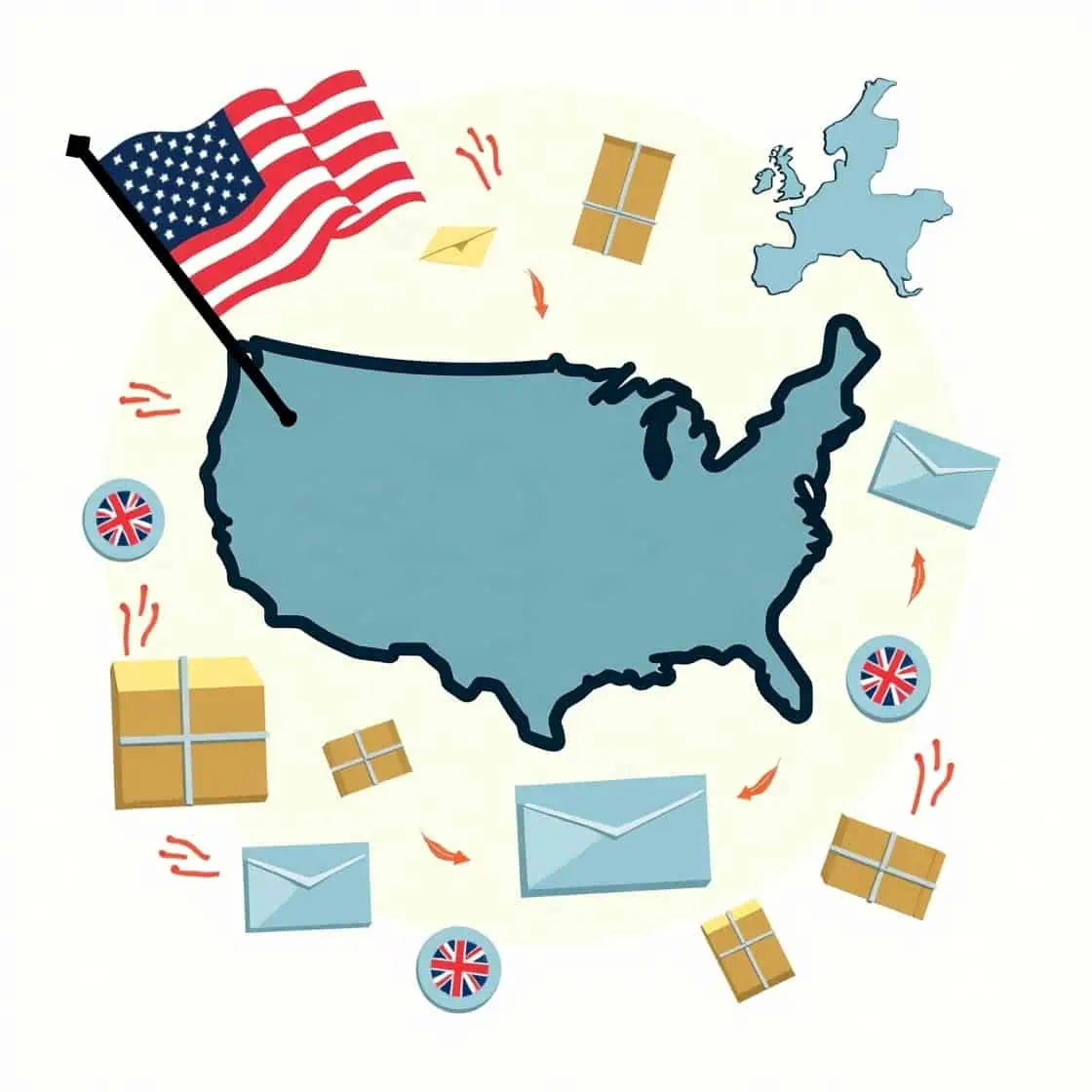Shipping from the UK to the USA
At Send2Hub, we make shipping goods from the UK to the USA simple, fast, and reliable.
Whether you’re sending personal items, business products, or gifts to loved ones across the Atlantic, our trusted international shipping service is designed to meet your needs. With years of expertise in overseas logistics, we take the stress out of shipping by offering a seamless, end-to-end solution tailored to both individuals and businesses.
Our UK to USA shipping service stands out for its speed and dependability.
We partner with top-tier couriers to ensure your parcels arrive safely and on time, every time. From small packages to larger freight, Send2Hub handles it all with care, providing you with real-time tracking and dedicated customer support along the way. Need it there fast? We offer expedited shipping options to get your goods to their destination as quickly as possible.
Affordability is at the heart of what we do. We believe international shipping shouldn’t break the bank, which is why we provide competitive rates without compromising on quality. No hidden fees, no surprises—just straightforward pricing that makes sending goods from the UK to the USA accessible to everyone. Plus, our easy-to-use platform lets you book, track, and manage your shipments in just a few clicks.
Why choose Send2Hub?
We’re more than just a shipping service—we’re your partner in connecting the UK and the USA. Whether it’s documents, clothing, electronics, or bulk items, we’ve got the expertise and resources to deliver. Start shipping with Send2Hub today and experience the easiest way to send goods across the pond!
